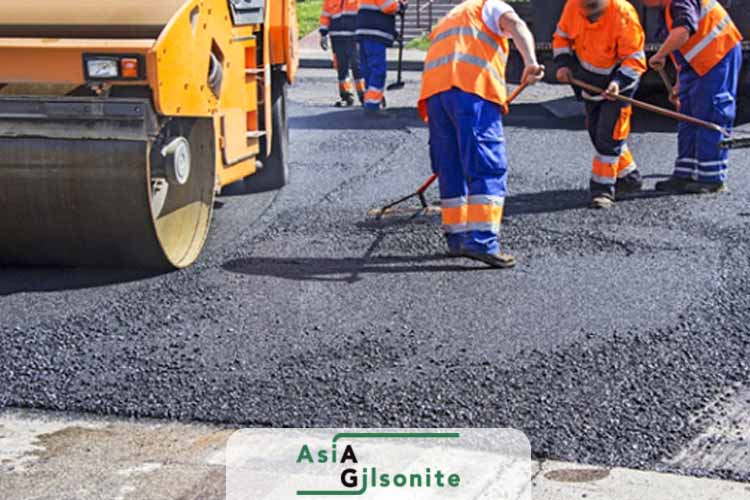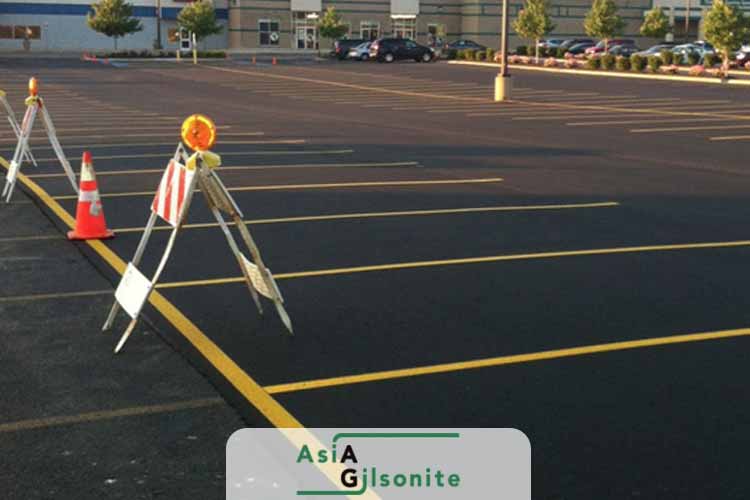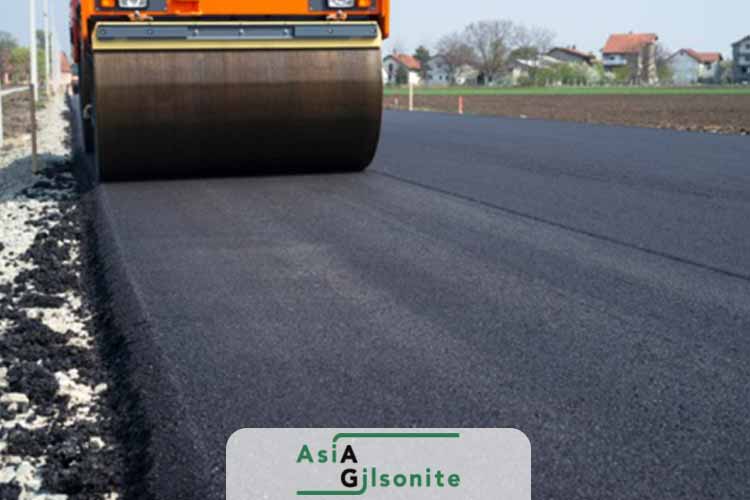Good Asphalt is an oft-utilized material for roads, pathways, and highways, due to its strength, flexibility, and cost-profits. Yet, not all road surfacing is made similar. Superior quality asphalt has unparalleled features that make it extraordinary. Here, we will analyze some of the paramount asphalt features and how they lead to its robustness and endurance. From its resilience to its adaptability, good asphalt is a multi-faceted structure of impressive qualities. Here are the characteristics of top-notch asphalt.
Durability
Asphalt concrete that is sure to last should exhibit remarkable resistance to wear and tear caused by traffic, weather, and the passage of time. An effective blend of road surfacing should display all-encompassing durability by maintaining its structural stability and physical excellence without developing unsightly deformations and unsightly cracks regardless of the load it carries.
Skid Resistance
The surface texture of the pavement should offer an appropriate degree of friction and grip for vehicles, providing a secure and safe driving experience, even on wet surfaces. This can be effectively achieved through a combination of complexity and variation. The diverse complexity of the asphalt structure can help reduce the chance of incidents, and allows drivers to rest assured knowing that their journey is secure.
Fatigue Resistance
Asphalt paving is an incredibly important aspect of building roads and highways that must endure heavy traffic, and one of the most important pavement features is its ability to resist fatigue cracking. This type of crack, which is formed due to repeated loadings and unloading from traffic, can have detrimental effects to the structural integrity of the pavement. Thus, it is essential for asphalt to have the highest resistance to fatigue cracking, in order to ensure that the road or highway remains strong and firm for years to come.
Workability
Quality sulfonated asphalt should be relatively simple to mix, transport, lay, and compact. Plus, great workability guarantees a leveled and consistent surface, as well as cost-effective building and upkeep procedures. Proper workability and mixing of asphalt will lead to sturdy long-term pavement construction that stands the test of time, whether for highways, streets, or roads.
The construction of paving material must be handled carefully and mixed according to typical engineering specifications since road surfacing is a brittle material. To reach optimal quality, asphalt must be robustly mixed and placed as well as thoroughly compacted. This is vital in order to build pavement that will offer years of reliable and safe driving conditions.
Stability and Stiffness
Stability and stiffness are two asphalt features that must be explained here. Adequate structural support for the designed traffic loads is essential when it comes to good asphalt. A stiff and stable mix is necessary in order to prevent deformation and rutting which may be caused by the load. It is essential that a balanced combination of all materials is achieved when designing this mix to ensure that the paving material is strong enough to handle the imposed traffic load and the longevity of the pavement is maintained.
Water Resistance
Quality sulfonated asphalt should be highly resistant to permeation of water, protecting it against the infiltration of moisture that has the potential for wreaking havoc to the pavement structure. On that note, diligent measures of drainage and sealing of crevices should be considered in order to ensure superior protection of asphalt from the damage caused by water leakage.
Temperature Susceptibility
The properties of good asphalt are very demanding; they must be capable of tolerating low temperature susceptibility, meaning they must be able to resist cracking in low temperatures and rutting at high temperatures. Despite the variation in extreme temperatures, one should expect consistency from the performance of the pavement; it should be expected that the composition of the asphalt will remain steadfast in the face of varying temperatures. To this end, an extensive amount of precision is required in order for the asphalt material to be resilient against temperature fluctuations.
Compatibility with Aggregate Materials
Quality asphalt should possess a high degree of compatibility with an extensive array of aggregates, thus enabling the utilization of locally sourced materials and limiting the environmental impact of transportation and this is another paving material feature that should be considered when talking about a good asphalt paving.
Cost-effectiveness and Environmental friendliness
Quality paving material needs to be cost-efficient in terms of production, installation and maintenance while not sacrificing its quality or performance. It must also be environmentally friendly, with methods such as recycling previous asphalt materials or utilizing warm mix technologies to limit energy usage and discharges. To ensure optimal performance, cost-effectiveness and environmental friendliness are key factors to consider.
Conclusion
In conclusion, high-grade sulfonated road surfacing is of paramount importance for securing the endurance and safety of paths and ground spaces. Asphalt features like impressive endurance, robustness and versatility, make this material a great choice for building. Grasping the essential qualities of top-notch asphalt makes it possible for you to make prudent decisions to decide on the best type of asphalt paving for your engineering and making sure your roads and ground coverings last. By understanding the primary characteristics of the material’s potency, you are allowed to make wise selections for long term success.






